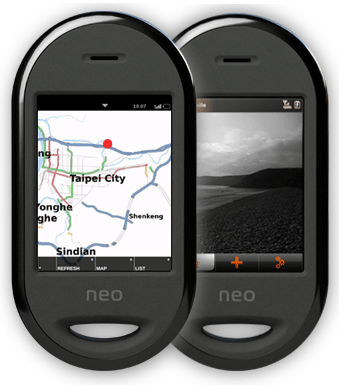Modeling in biology is a kind of Cinderella branch of the field. Is not central as it is in physics and there is a lot of skepticism about it, especially from the wet lab guys. Biology has started as a descriptive subject and then it went to the quantitative approach.
Quantity. That’s exactly what you need if you want to do some modeling, that at the end of the day is crunching some numbers using a computer.
Let me just make a comparison with the engineering field. This guys usually:
- think about an idea
- model it to test if it’s worth to build it and it will resist
- build it in the reality
If for example you’re building an house, you hit a button and the program is going to make all the calculation to see if the house is safe and it will last, or it will just collapse under its own weight. Actually you’re testing your idea, modeling it on a virtual space.
In biology you have the same kind of approach:
- think about a question
- design the experiment to try to answer the question
- do the experiment
The modeling should be one point of the design part to let you know if your experiment would discover something or not, so you can save time and know on which parameter focus your attention or which proteins seem to be the important key role. It should help the biologist to design better experiment.
For example you have a cascade signaling involving something like 15 proteins. If you have a tool that is going to predict that the most interesting reaction over there involve protein 2 and protein 3 you can focus your attention over there, avoiding the scan of all the other proteins in the first place.
To do that we need of course a really rock-solid modeling framework and from the other hand a really easy and fast way to use it.
We are quite far from there, but it looks to me like an intriguing prospective.

